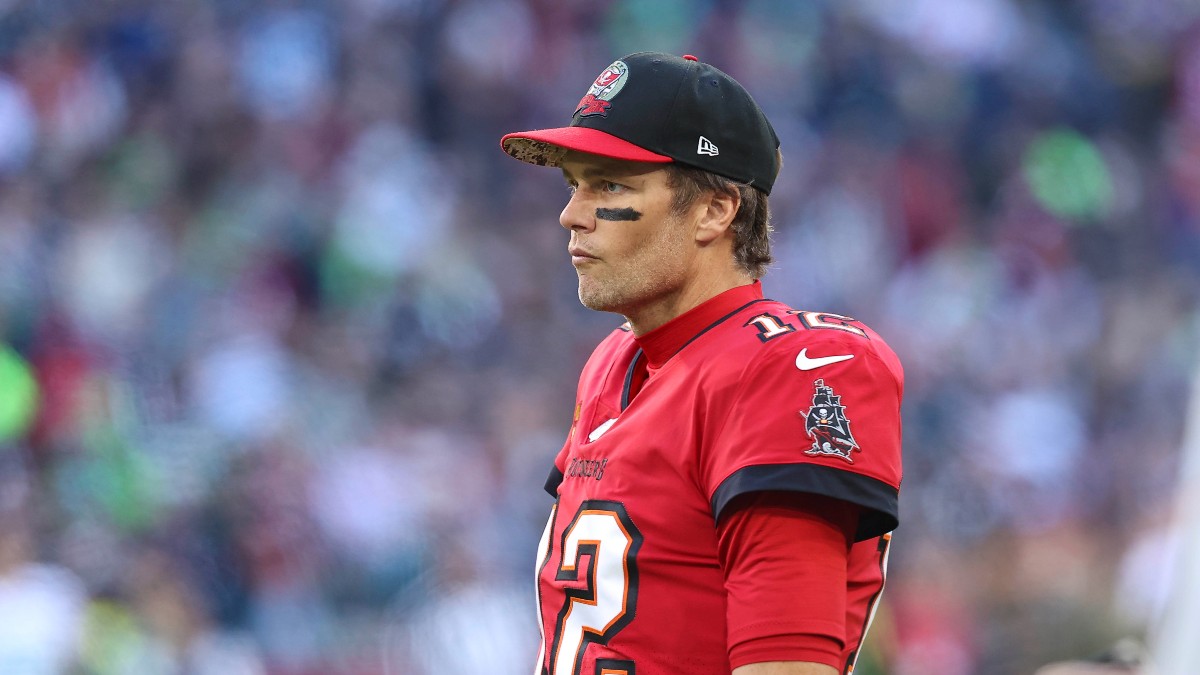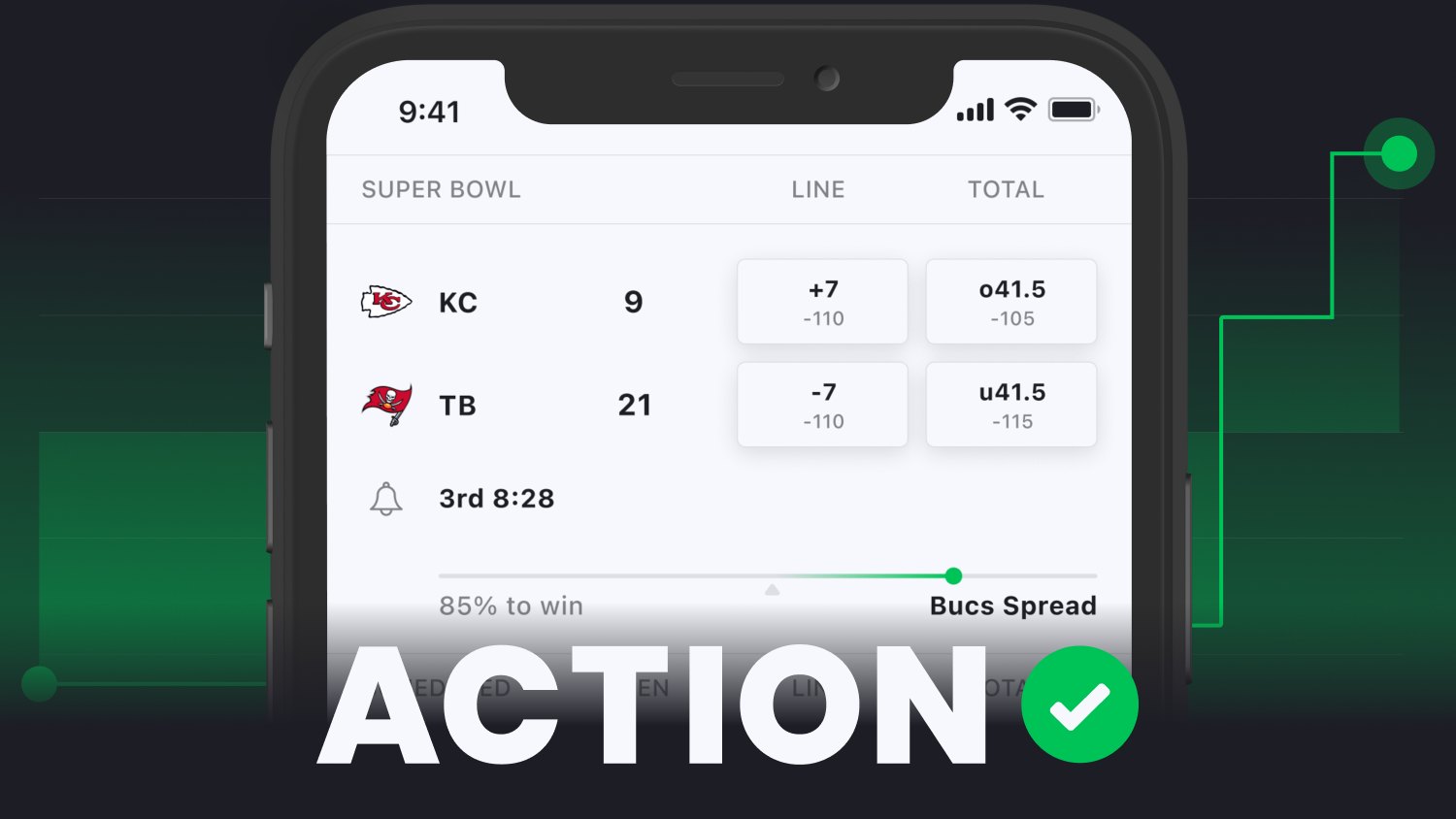An investor filed a class action lawsuit in Florida on Tuesday that alleged FTX, its CEO and endorsers — including Tom Brady and Steph Curry — misled customers and cost them billions.
This is after the crypto firm — once worth $32 billion — filed for bankruptcy with at least $1 billion in consumer capital, Reuters reported this week.
And CBS reported on Monday that users are unlikely to have much of their money returned, if at all.
Brady's estranged wife Gisele Bundchen was also named in the suit, as were Larry David, David Ortiz and other celebrities.
While the new lawsuit becomes part of a long line of litigation against FTX, the question for sports fans is: How liable are guys like Brady and Curry?
Let's look into the past to find the answers.
In 2011, the Golf Channel, golfer Vijay Singh, Singh's representation at IMG and the PGA Tour were sued by victims of Stanford International Bank, a Ponzi scheme run by Allen Stanford, who is currently serving a 110-year prison sentence.
The bank had been one of Singh's major advertisers, featuring prominently on the hats and shirts the golfer wore for tournaments.
The lawsuit halted in 2015 after a circuit judge found that none of the parties that advertised Stanford Bank's services should be held liable.
Similarly, in 2011, Power Balance was sued after consumers said they were misled by the company's claim that its bracelets substantially helped balance, flexibility and strength. While Drew Brees, Clay Matthews, Darren Sproles and others were involved in the company's advertising of those claims, the eventual $57 million settlement did not require the athletes to pay up.
Athletes are rarely — if ever — found liable for advertising a failed product unless they say something verifiably false.
Back to this FTX case: Brady and Curry are in the crosshairs because they were featured in heavily promoted commercials for the brand.
But in them, the two don't say anything verifiably false and with malice.
In fact, Curry — in his most famous ad for the company — says he's not an expert in crypto. Later in the advertisement, though, Curry says it's because "with FTX I have everything I need to buy, sell and trade crypto safely."
Brady is seen in his commercial convincing all his friends to get on the FTX platform and saying "it's the best" platform.
While we can debate the subjectivity of Brady or Curry's comments, none of those statements can be considered verifiably false. They're opinions.
Was FTX the best platform? I mean, probably not. But it's a simple belief, and isn't touting anything purposefully incorrect.
Spokespeople are successfully sued mostly by governmental agencies — namely the Federal Trade Commission or the Securities and Exchange Commission. And typically it's because of disclosure issues.
Kim Kardashian was fined $1.26 million by the Securities and Exchange Commission for failing to properly disclose that she was paid to promote a coin. The SEC similarly fined Floyd Mayweather ($614,775) and DJ Khaled ($152,725) for the same reason.
Shilling individual coins on social media — which directly increases the value of the coins and creates an environment rife with pump-and-dumps — is a whole lot different than stumping for an overall platform. Plus, it's clear in television commercials that subjects were paid for their advertisements.
While the lawsuits against Brady and Curry will garner headlines for the next 24 hours, the salvos against them are unlikely to be successful. But athletes of their stature will have to think twice about hawking a crypto brand at all going forward.

























































